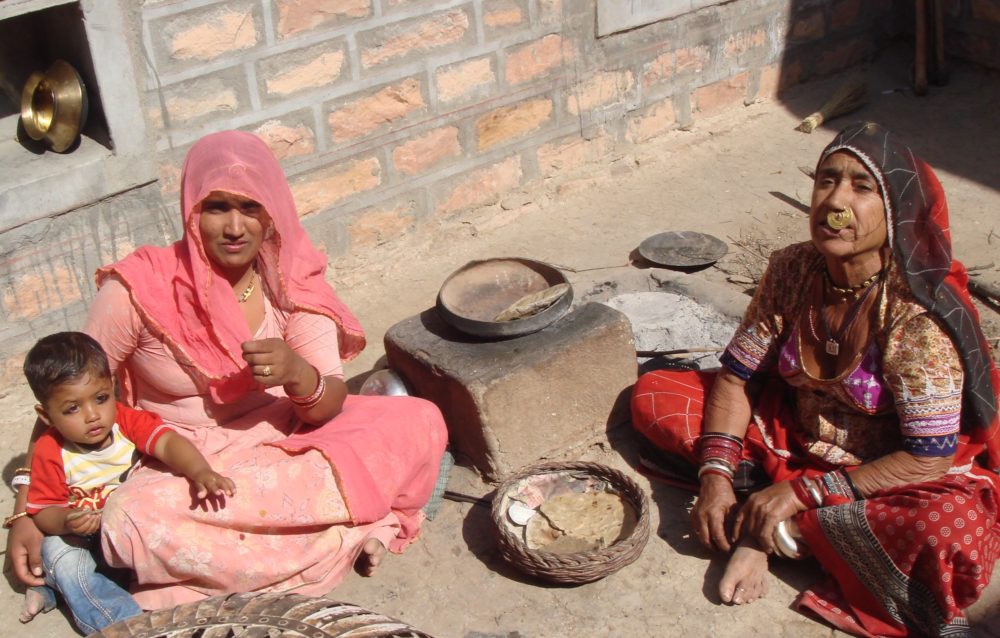By Neena Bhandari
Sydney, 10.11.20 (SciDev.Net): Mothers can pass on allergies to offspring while they are developing in the womb and that is one reason why babies exhibit allergies early in life, according to a Singapore preclinical study.
Findings from the research published 30 October in Science show that the key antibody, immunoglobulin E (IgE), responsible for triggering allergic reactions, can enter the foetus from the mother’s body through the placenta. Once inside the foetus, it binds with foetal mast cells which are immune cells responsible for causing allergic reactions, such as runny noses and asthma.
Globally, 10—30 per cent of the population is affected by allergies and this number continues to increase. The sensitisation rates for allergies in school children are close to 40—50 per cent, according to the World Allergy Organization White Book on Allergy 2013 update.

